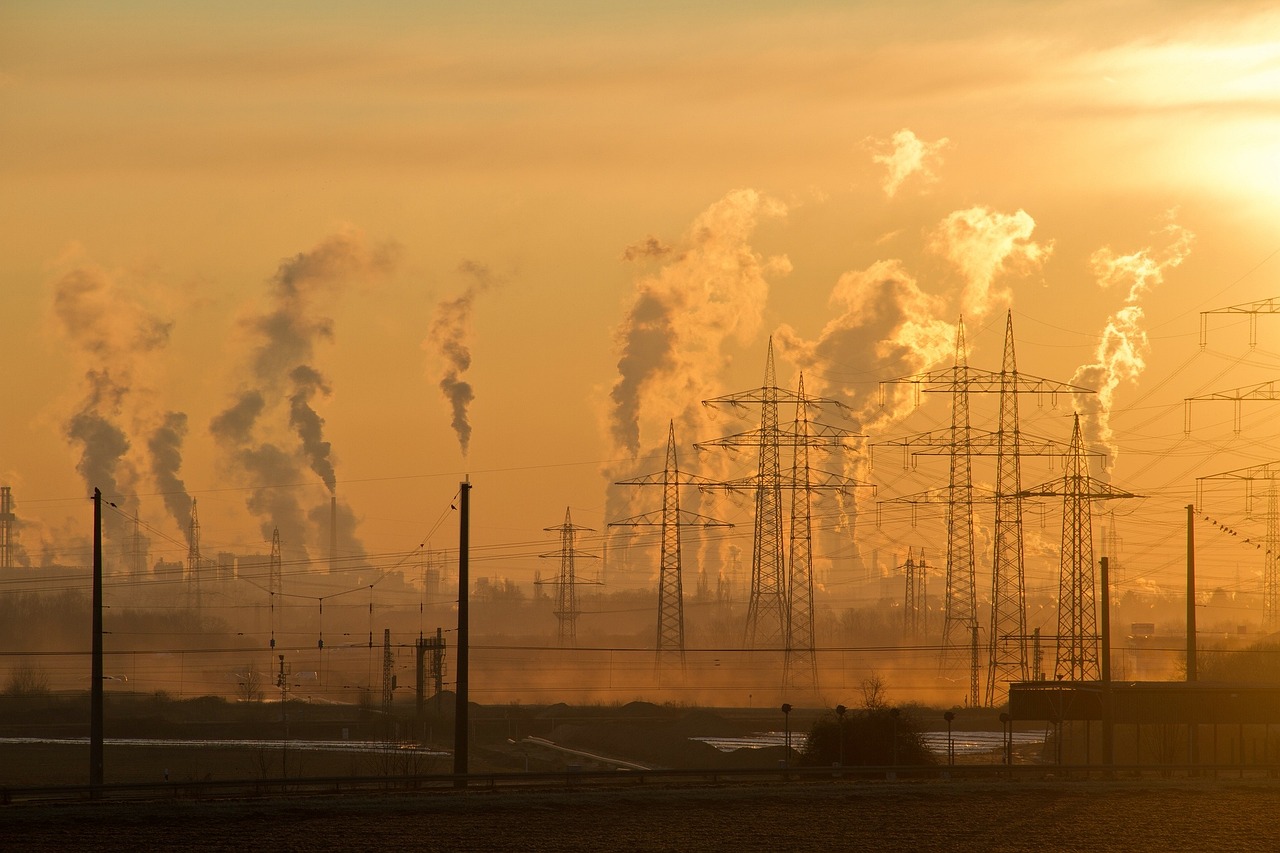The E-Waste Crisis at Agbogbloshie: A Toxic Reality
Thick plumes of smoke billow from the Agbogbloshie dumpsite, a stark reminder of the global e-waste crisis. Located west of Accra, Ghana’s bustling capital, this site is notorious for its toxic air and hazardous working conditions. As workers scavenge amidst the fumes, they face severe health risks while extracting valuable metals from discarded electronics.
Toxic Work Conditions
The atmosphere at Agbogbloshie is suffocating. Workers like Abdulla Yakubu endure daily exposure to hazardous smoke while burning cables to retrieve metals such as copper and gold. Abdulla describes his struggle with health issues, stating that the polluted air significantly affects his well-being.
The toxic environment does not only impact men; women like Abiba Alhassan are also vulnerable. As a mother of four, she sorts through waste near burning sites and experiences severe respiratory issues. She notes that the heavy smoke often makes it difficult to breathe, highlighting the dire conditions faced by many in this industry.
E-waste represents the fastest-growing waste stream globally, with 62 million tonnes generated in 2022 alone—a staggering 82% increase since 2010. This surge is largely attributed to the rising demand for electronic devices in modern society.
Global Implications of E-Waste Trafficking
Despite its growth, only about 15% of e-waste is recycled properly. Many developed nations lack adequate infrastructure to manage electronic waste responsibly, leading to an increase in trafficking activities. The World Customs Organization reports that e-waste now accounts for one in six waste seizures worldwide.
In Europe and the UK, officials have witnessed a rise in illegal e-waste shipments disguised as other types of goods. For instance, customs officials recently discovered containers filled with broken vehicle parts and e-waste mislabeled for export to Africa. This kind of deception illustrates a broader trend where traffickers exploit loopholes in waste management regulations.
As countries tighten regulations on e-waste trafficking, such as Malaysia’s recent seizure of 106 containers filled with hazardous waste, traffickers adapt by employing new smuggling methods. UN representatives warn that these criminal enterprises thrive due to insufficient regulatory frameworks and enforcement.
The repercussions of improper e-waste disposal extend beyond workers’ health; they pose significant environmental hazards as well. According to the World Health Organization (WHO), informal recycling practices expose untrained individuals—including women and children—to toxic substances.
Looking Ahead: A Call for Action
In January 2025, a global waste treaty known as the Basel Convention will require stricter declarations and permissions for e-waste exports. Advocates hope this new regulation will help close loopholes exploited by traffickers.
However, challenges remain—particularly from countries like the United States that have yet to ratify the Basel Convention. As Jim Puckett from Basel Action Network highlights, non-compliance continues to fuel illegal trade routes.
As conditions worsen at Agbogbloshie, workers like Abiba Alhassan remain caught in a cycle of poverty and health risks while seeking to support their families. Addressing this escalating crisis requires global cooperation and robust policy changes to ensure safer practices for handling electronic waste.


